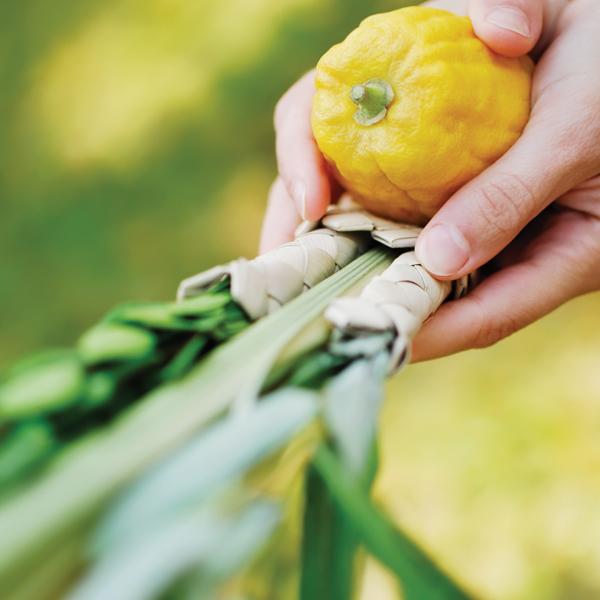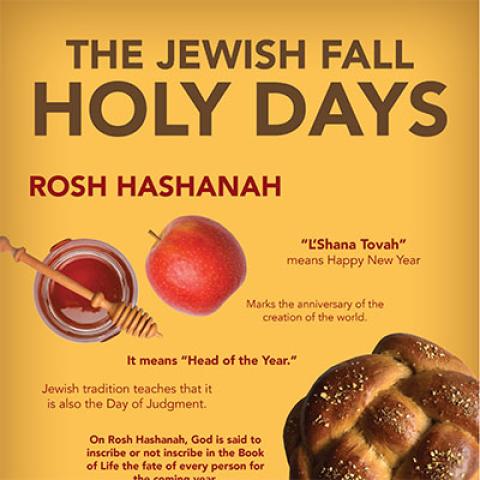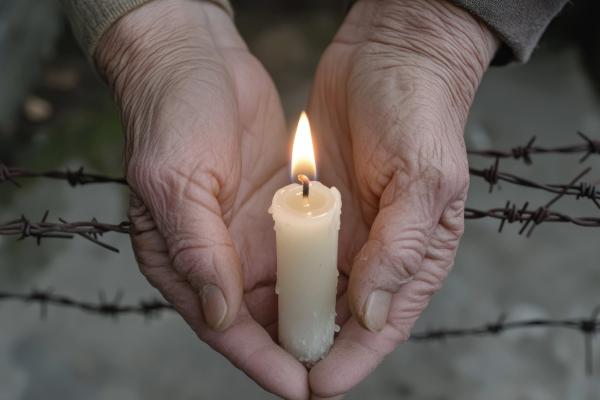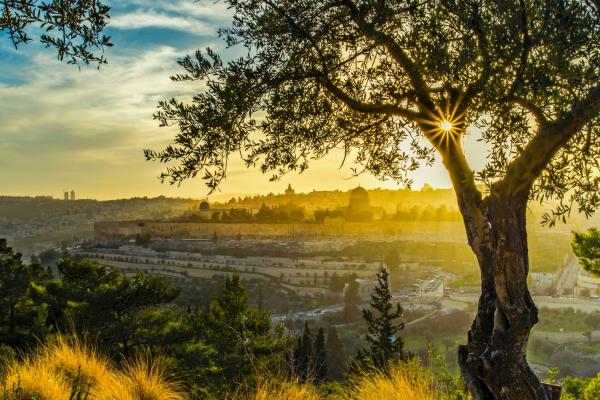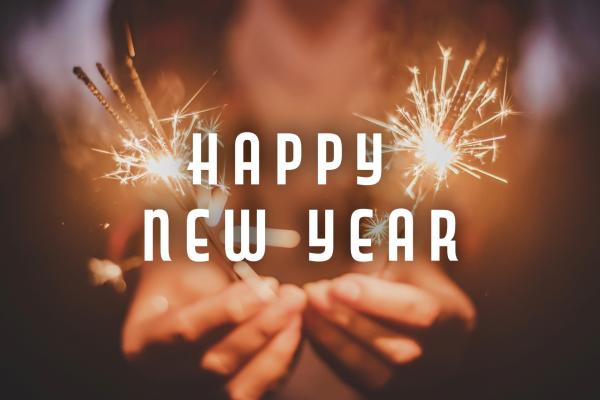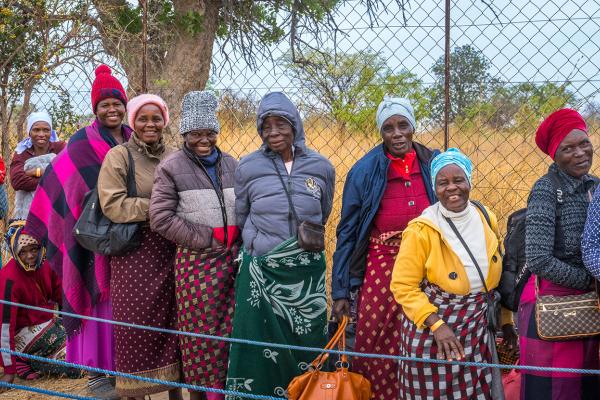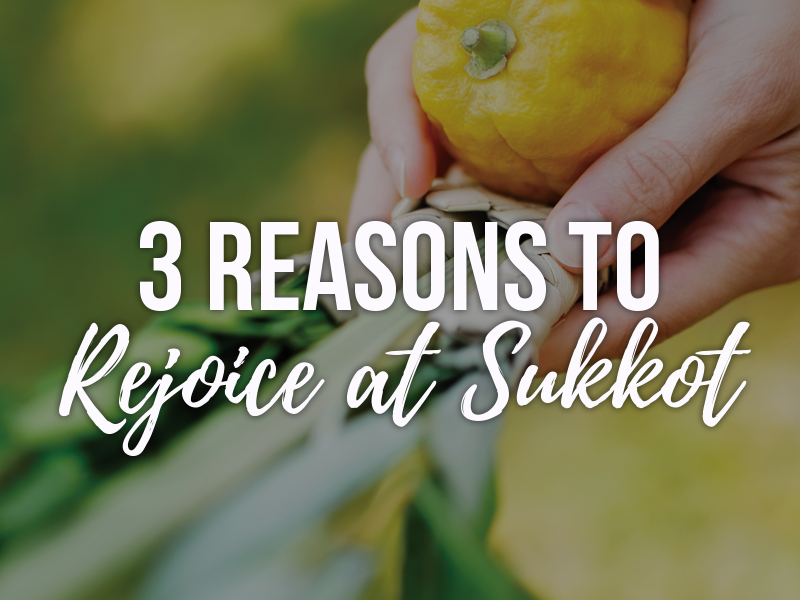
The Feast of Sukkot is the only biblical festival in which God commands Israel to rejoice (Leviticus 23:40).
Sukkot is a feast of many names. Sukkot (soo-KOTE) is the Hebrew word for “booths,” also referred to as “tabernacles.” Therefore, the festival is also called The Feast of Booths and the Feast of Tabernacles. Sukkot is also sometimes called the Feast of Ingathering because it is celebrated following the last harvest before winter.
God’s instructions for observing Sukkot are found in the Torah in Leviticus 23, Numbers 29 and Deuteronomy 16.
The eight-day Feast of Sukkot is highlighted by God’s command to build booths, temporary structures, and dwell in them for seven days. The Feast begins and ends with a Sabbath. The first day includes a Sabbath rest as well as a sacred assembly where a lulav (LOO-lahv), a bundle of four specific types of vegetation, is waved before the Lord. The lulav celebration developed from Leviticus 23:40 where God instructed Israel to take these branches “and rejoice before the Lord.”
Today, Messianic Jews and other Jewish people around the world celebrate the Feast of Sukkot in the same way. Each family builds a sukkah (SOUH-kah) in the backyard, or on a patio or balcony if they live in an apartment or condominium. Meals are eaten in the sukkah, and friends are often invited to visit. While not all choose to sleep in the sukkah, many do.
Here are three reasons we can rejoice during Sukkot.
God’s Provision
The booths of Sukkot remind us of God’s provision for our ancestors who lived in tents in the wilderness for 40 years. God protected them, provided for their needs and supplied food each day. He made water spring from rocks, and He supernaturally prevented their clothes and sandals from wearing out through all that time. Living in a sukkah (SUH-kah) for seven days each year offers a vivid reminder of how God continues to care for us today.
God’s Promise
As Jewish people look up at the evening sky through the leafy roof of their sukkot, they remember God’s promise to make Abraham’s descendants as numerous as the stars of the heavens. God is faithful. He keeps His covenants. Sukkot celebrates His steadfast love and commitment to His people.
God’s Presence
God was with Israel when they wandered in the wilderness. First, He was present with them in the pillars of cloud by day and fire by night. His presence dwelled in the Tabernacle. Moses prayed, “If Your presence does not go with us, do not send us up from here” (Exodus 33:15 NIV). Reflecting on Israel’s years in the Sinai desert reminds us of how important God’s presence was and is today.
When Messianic Jews and other Believers placed their faith in Yeshua the Messiah, God sent His Spirit to dwell within us (1 Corinthians 3:16). Psalm 16:11 says, “…abundance of joys are in Your presence, eternal pleasures at Your right hand.” At Sukkot, we rejoice in God’s presence.
Each of the biblical Feasts of the Lord foreshadow God’s redemptive plan for mankind. Sukkot looks ahead to Yeshua’s Second Coming when He will dwell with Believers in His eternal Kingdom.
Applying Sukkot to Your Life
-
How has God provided for you recently?
-
How has God blessed you through His biblical promises?
-
How have you recently enjoyed God’s presence?
Get the Fall Feasts Infographic
Discover the meaning and wonder of Rosh Hashanah, Yom Kippur, and Sukkot with this specially designed infographic.



